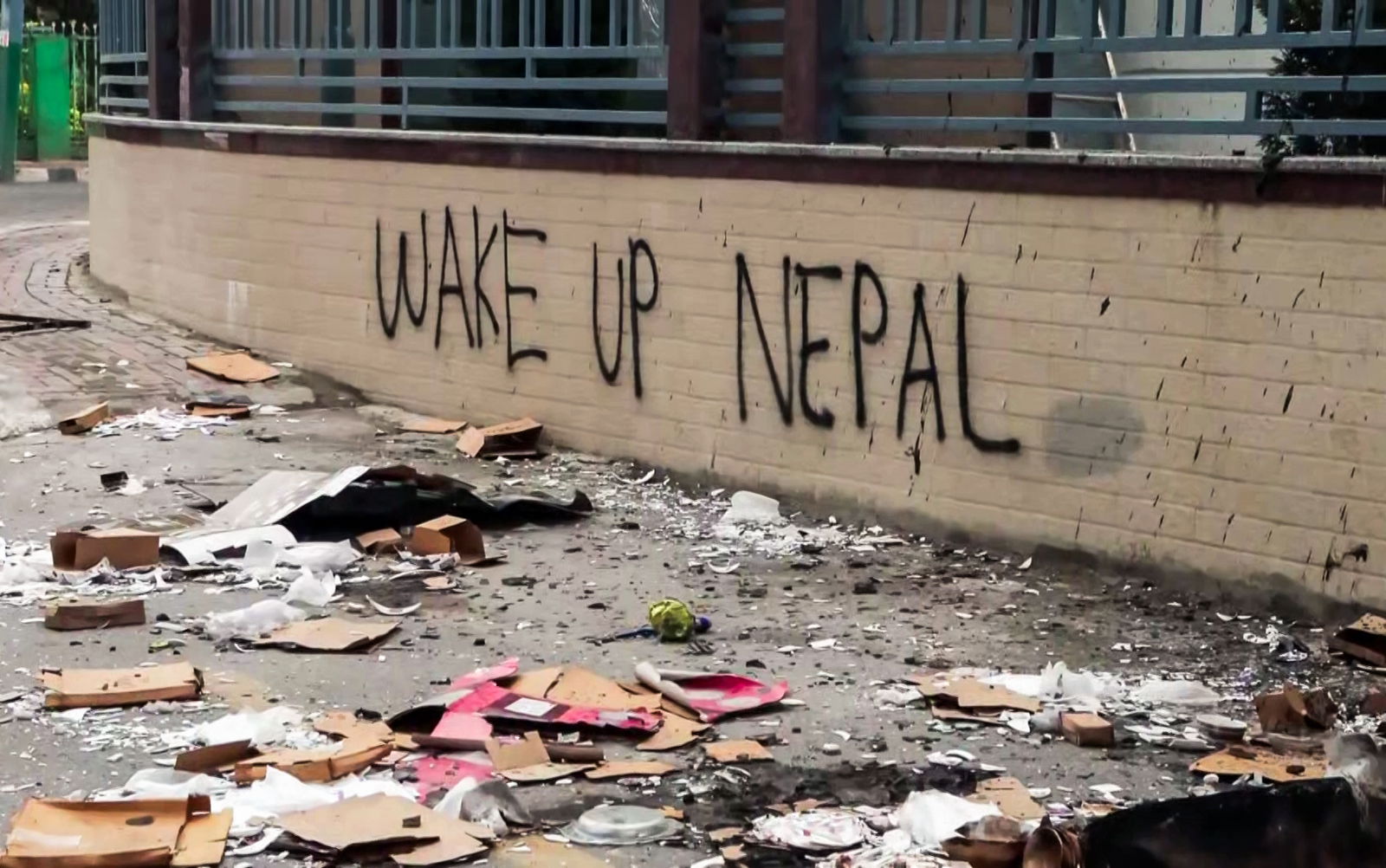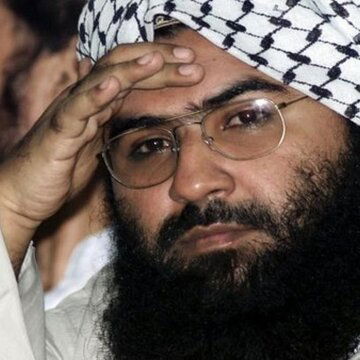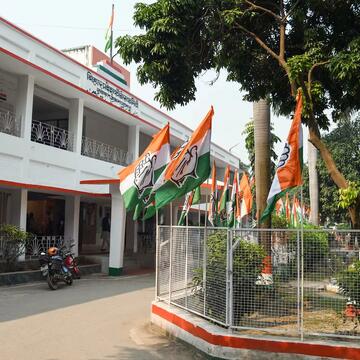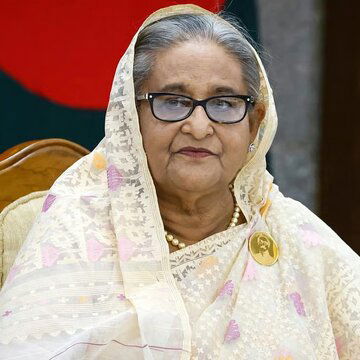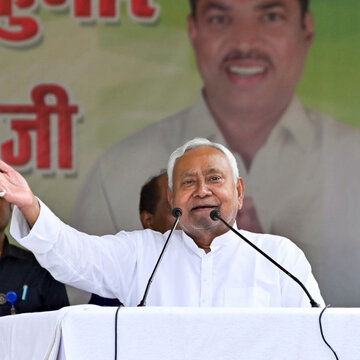Nepal’s Prime Minister KP Sharma Oli tendered his resignation on Tuesday after two days of youth-led protests rocking Nepal. The violent mass movements have left at least 20 dead. After the resignation, Nepal’s Army chief has stepped in to manage the political vacuum, evoking memories of burning Dhaka in the minds of observers all around the world. In 2024, General Waker-uz-Zaman urged Hasina to step down in the wake of bloody student agitations in Bangladesh. The parallels form by themselves.
In July 2024, Dhaka students rose against the reformed 30% civil service quota benefiting descendants of 1971 war veterans. This bill was seen as unjustified and led to unrest and soon it spiraled into a nationwide movement. Hasina had to leave the burning country and take shelter in India. The violent clashes then killed over 1,000 people. Bangladesh took its time, but Nepal grew restless. The decision on September 4 to ban 26 social media platforms was seen as censorship of voices. Again, the striking cords in both the protests are nepotism and corruption. Kathmandu’s streets filled with students in a matter of a few hours, many still in uniforms, marching under banners calling out their opposition to corruption and nepo kids flaunting their privilege online.
Just like Bangladesh Gen-Zs stormed their parliament back in 2024, Nepal continued the trend without missing a beat as on September 8 protests had spread to all 77 districts. Demonstrators from all around stormed into Nepal’s parliament, torching ministers’ residences, and clashing with the police. Law and order had taken a toss as Deputy PM Bishnu Paudel was beaten by protesters and Oli had to be airlifted as his home was attacked, a common commute spread across both the nations.
The deaths of young protesters, in both Bangladesh and Nepal, further ignited anger and strengthened the resolve to overthrow their government. In Dhaka, weeks of bloodshed forced the army to step in. In Kathmandu, the same played out in days. General Ashok Raj Sigdel reportedly told Oli he could not stabilise the situation unless the PM stepped aside. A chilling echo of Hasina’s forced exit on August 5, 2024. Without a doubt, both uprisings stressed and asserted the combustible mix of corruption, nepotism, and youth disillusionment in South Asia. It is just a matter of time and any small trigger, like the quota reform in Dhaka or the social media ban in Kathmandu, can result in the pitfall of governments when discontent runs deep.


